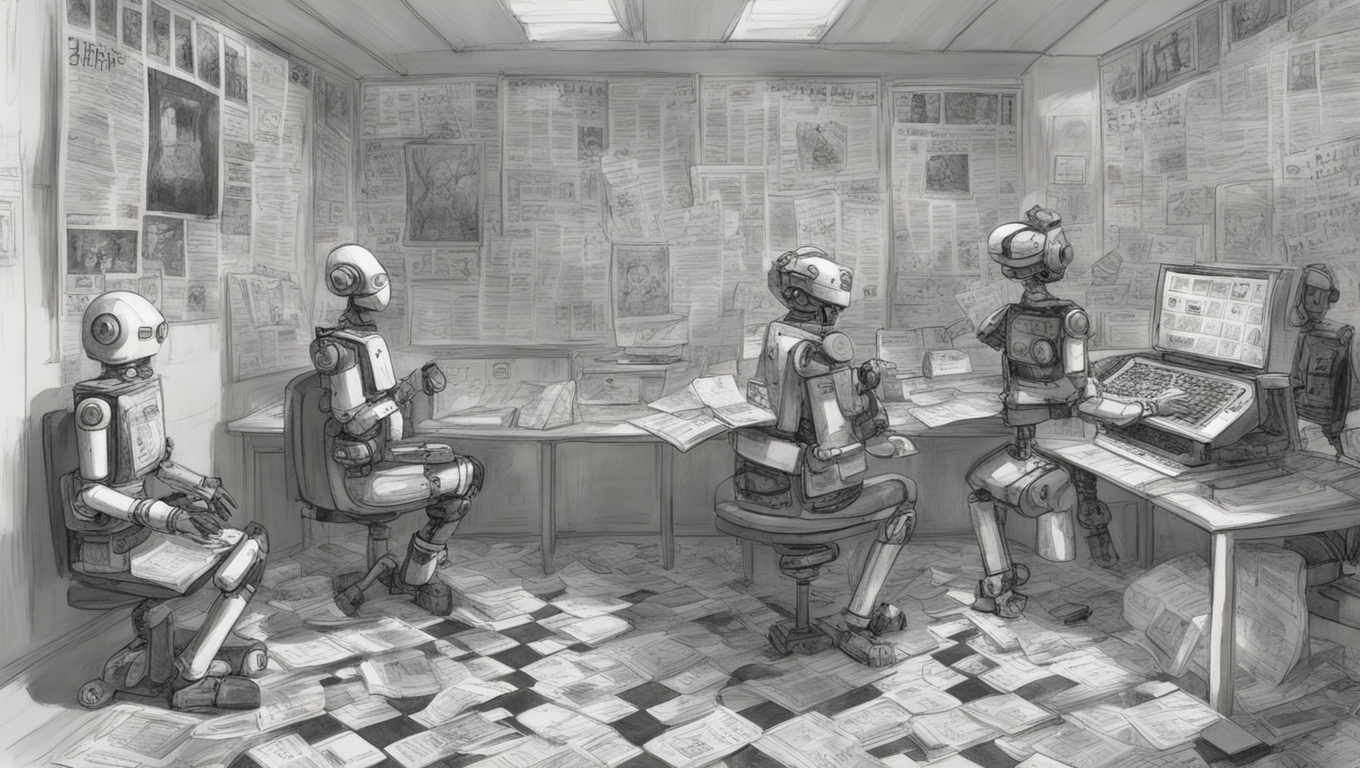In a contentious battle between traditional media and artificial intelligence (AI) companies, an AI expert has joined the fight in support of traditional media’s copyright concerns. Ed Newton-Rex, a former executive at Stability AI, has taken the side of content creators whose original work is being used to train AI chatbots that then compete with them.
The rapid growth of AI has raised questions about how chatbots are trained using information from the internet. This has led to a global debate on the limits of AI information-gathering, with courts likely to decide the matter. Legislation is even being fast-tracked to ensure chatbot operators disclose how their AI models are trained.
In a recent submission to the House of Lords, OpenAI, a leading developer in the field, argued that it would be impossible to train tools like its ChatGPT without access to copyrighted material. OpenAI stated, “Copyright covers virtually every sort of human expression, including blog posts, photographs, forum posts, scraps of software code, and government documents.” AI firms claim that they are entitled to use information and images available on the internet under “fair use” rules, which allow limited use of copyrighted material without explicit permission from the copyright holder.
However, legal action has ensued. The New York Times has filed a lawsuit against OpenAI and Microsoft, alleging unlawful use of their work to train AI. Getty Images, a photo agency, is also suing Stability AI for using its library to create its AI models.
Mr. Newton-Rex highlighted the argument that generative AI training does not fall under the fair use exception. He stressed the importance of swift legal rulings on how AI firms operate, as many of them “are training on essentially whatever they like.”
This clash between traditional media and AI companies highlights the struggle to establish boundaries in an ever-evolving digital landscape. David versus Goliath battles such as these can shape the future of copyright laws and regulations surrounding AI.
The battle is not merely a legal dispute; it has far-reaching implications for the development of AI technology. Some argue that strict copyright enforcement could hinder AI progress, as the availability of large datasets is crucial for training advanced models. On the other hand, protecting content creators' rights is essential to ensure fair compensation and recognition for their work.
As the debate rages on, legal decisions and new regulations will determine the path forward for AI companies and the media industry. Balancing innovation with the protection of intellectual property is a delicate task that needs careful consideration.
In the words of Mr. Newton-Rex, “speed is really important” in resolving these legal matters. Both sides must find common ground to facilitate the growth of AI without trampling on the rights of content creators. Striking the right balance is key to fostering a harmonious relationship between traditional media and the expanding world of AI.





Use the share button below if you liked it.